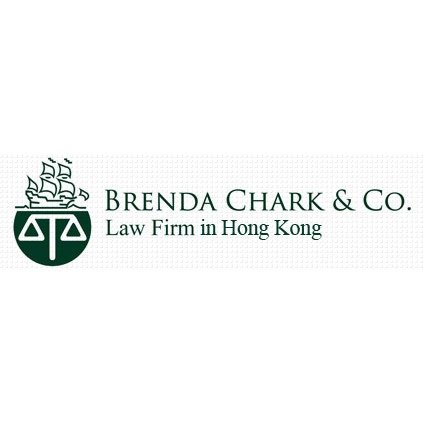Best Landlord & Tenant Lawyers in Wanchai
Share your needs with us, get contacted by law firms.
Free. Takes 2 min.
Free Guide to Hiring a Real Estate Lawyer
List of the best lawyers in Wanchai, Hong Kong
About Landlord & Tenant Law in Wanchai, Hong Kong
The laws regarding landlord and tenant in Wanchai, Hong Kong, are based on common law principles, contract law and specific property legislation, like the Landlord and Tenant (Consolidation) Ordinance. These laws provide guidelines on matters related to property leasing, rights and responsibilities of both landlords and tenants, rent control, tenancy agreements, and standards for maintenance and repairs.
Why You May Need a Lawyer
Legal advice or representation may be necessary in several situations. Such includes drafting or interpreting leases, dealing with violation of contract terms, eviction procedures, and disputes over maintenance and repairs. A lawyer can help you understanding your rights and obligations, represent your interests in negotiations or dispute resolutions to ensure fairness and justice.
Local Laws Overview
Key aspects of the local laws relevant to Landlord & Tenant in Wanchai, Hong Kong include: 1. Tenancy Agreement: The rules and guidelines for how a tenancy agreement should be written and what it should include. 2. Security Deposits: The law outlines the limits and conditions for security deposits taken by a landlord. 3. Evictions: It sets out the grounds and procedures that landlords must follow when evicting tenants. 4. Maintenance and Repairs: Landlords and tenants both have obligations regarding maintenance and repair of the leased property, as outlined in the law. 5. Rent Control: Landlords are not permitted to escalate rent arbitrarily, control exists to maintain a balanced rental market.
Frequently Asked Questions
1. What should a Tenancy Agreement include?
A tenancy agreement should include details such as the names of the parties, the property description, the term of the agreement, the rent amount, and the rights and responsibilities of both parties.
2. How long is the notice period to terminate a rental agreement?
For a Periodic Tenancy, either the landlord or the tenant can terminate it by a notice equivalent to a rental period, usually a month, unless otherwise specified in the contract.
3. What should I do if my landlord refuses to make necessary repairs?
If the landlord refuses to execute necessary repairs, you may have grounds to make a claim in court or to withhold part of your rent. However, it's advisable to seek legal advice first.
4. Can the landlord increase the rent anytime?
Rent increase is generally governed by what's stipulated in the tenancy agreement. In the absence of any such provision, the landlord cannot unilaterally increase rent during the tenancy period.
5. Can a landlord evict without reason?
No, there must be specific legal grounds for a landlord to end a tenancy early, like rental arrears, damages or breach of contractual terms.
Additional Resources
The following resources can be helpful in aiding your understanding of landlord and tenant law: the Land Registry (for property ownership details), The Rating and Valuation Department (for details on standard rental rates and practices), Home Affairs Department (for conflict resolution), and Hong Kong Judiciary (for accessing relevant laws and ordinances).
Next Steps
If you require legal assistance, consider consulting a solicitor who has specific experience in the area of Landlord & Tenant. When meeting the solicitor, have all relevant documentation ready, like your lease agreement, rental receipts and any correspondence related to your tenancy. This way, they will be better equipped to assess your situation and provide appropriate advice or representation.
Lawzana helps you find the best lawyers and law firms in Wanchai through a curated and pre-screened list of qualified legal professionals. Our platform offers rankings and detailed profiles of attorneys and law firms, allowing you to compare based on practice areas, including Landlord & Tenant, experience, and client feedback.
Each profile includes a description of the firm's areas of practice, client reviews, team members and partners, year of establishment, spoken languages, office locations, contact information, social media presence, and any published articles or resources. Most firms on our platform speak English and are experienced in both local and international legal matters.
Get a quote from top-rated law firms in Wanchai, Hong Kong — quickly, securely, and without unnecessary hassle.
Disclaimer:
The information provided on this page is for general informational purposes only and does not constitute legal advice. While we strive to ensure the accuracy and relevance of the content, legal information may change over time, and interpretations of the law can vary. You should always consult with a qualified legal professional for advice specific to your situation.
We disclaim all liability for actions taken or not taken based on the content of this page. If you believe any information is incorrect or outdated, please contact us, and we will review and update it where appropriate.
















